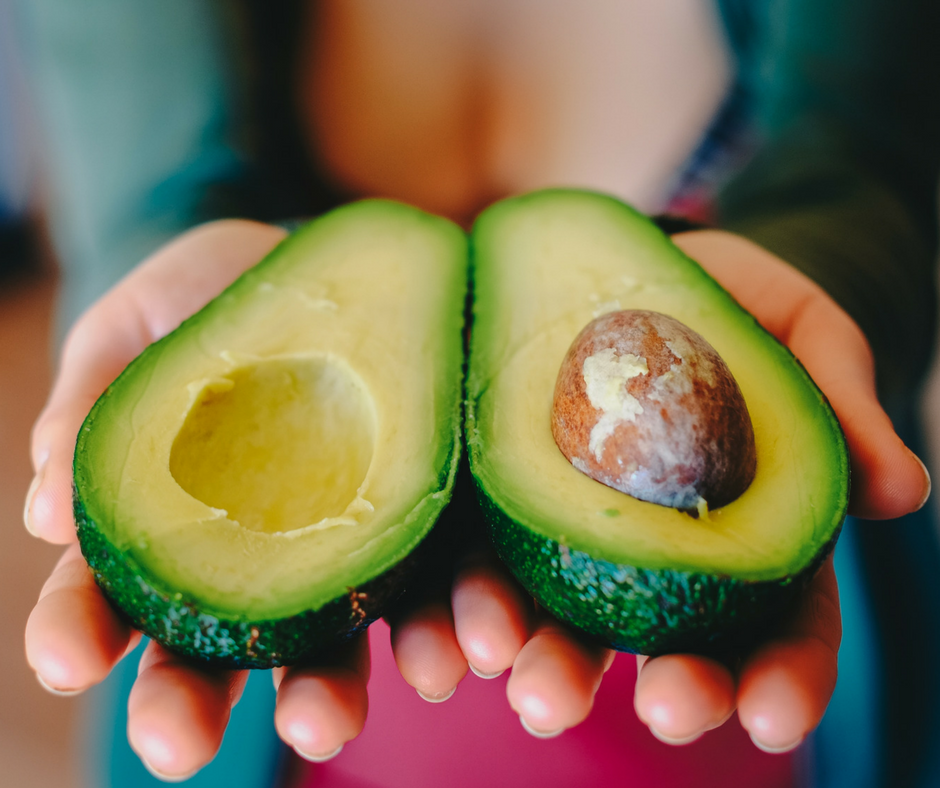You may have heard conflicting advice on whether you should eat avocado. After all, because it is higher in fat, it’s also a source of significant calories. Too many calories, of course, can cause weight gain or prevent you losing weight (if that is one of your health goals).
So what’s the real deal with avocado? Let’s take a look…
Fats
Yes, avocado contains fat. But the types of fat found in avocado are considered to be “good fats.” That is, they contain unsaturated fats which are linked to lower incidences of heart disease, as well as important for the absorption of certain fat-soluble vitamins, and healthy brain function. Being a plant product, they are also cholesterol free.
It is actually essential that we take in some amount of fat in our diet every day, and avocado is a great choice as a healthy spread, in salads, fillings, or as a baking ingredient.
How much?
One whole large avocado has around 400 calories. That’s equivalent to almost a whole meal in itself. The majority of us wouldn’t consume a whole avocado in one sitting though. We might use a couple of tablespoons as a spread/filling (50 calories) or even a quarter in a salad (100 calories).
These types of portions are absolutely fine, and as long as you look at the calories you are getting from avocado as just one part of a balanced diet, there’s no reason to avoid them.
Keeping you full
An added benefit of including avocado in your diet is that the good fats and fibre can help to slow digestion, meaning that you have more sustained energy levels. This helps to avoid those blood sugar highs, and crashes that make you feel tired or lethargic.
Great news for letting you make the most out of your day! Try pairing avocado with some healthy whole grains and lean protein for maximum benefits. And most of all, enjoy!

